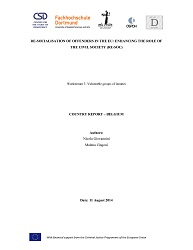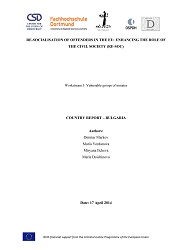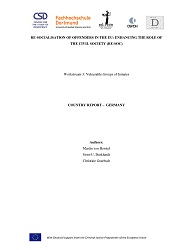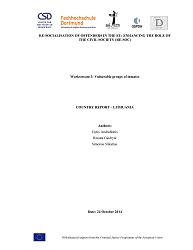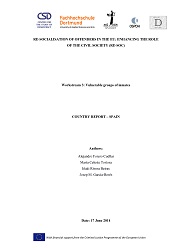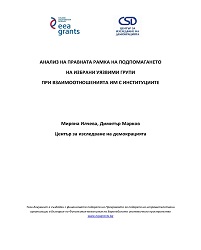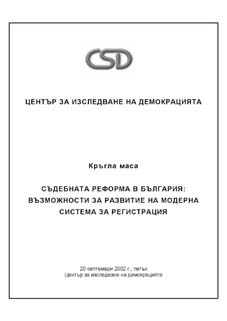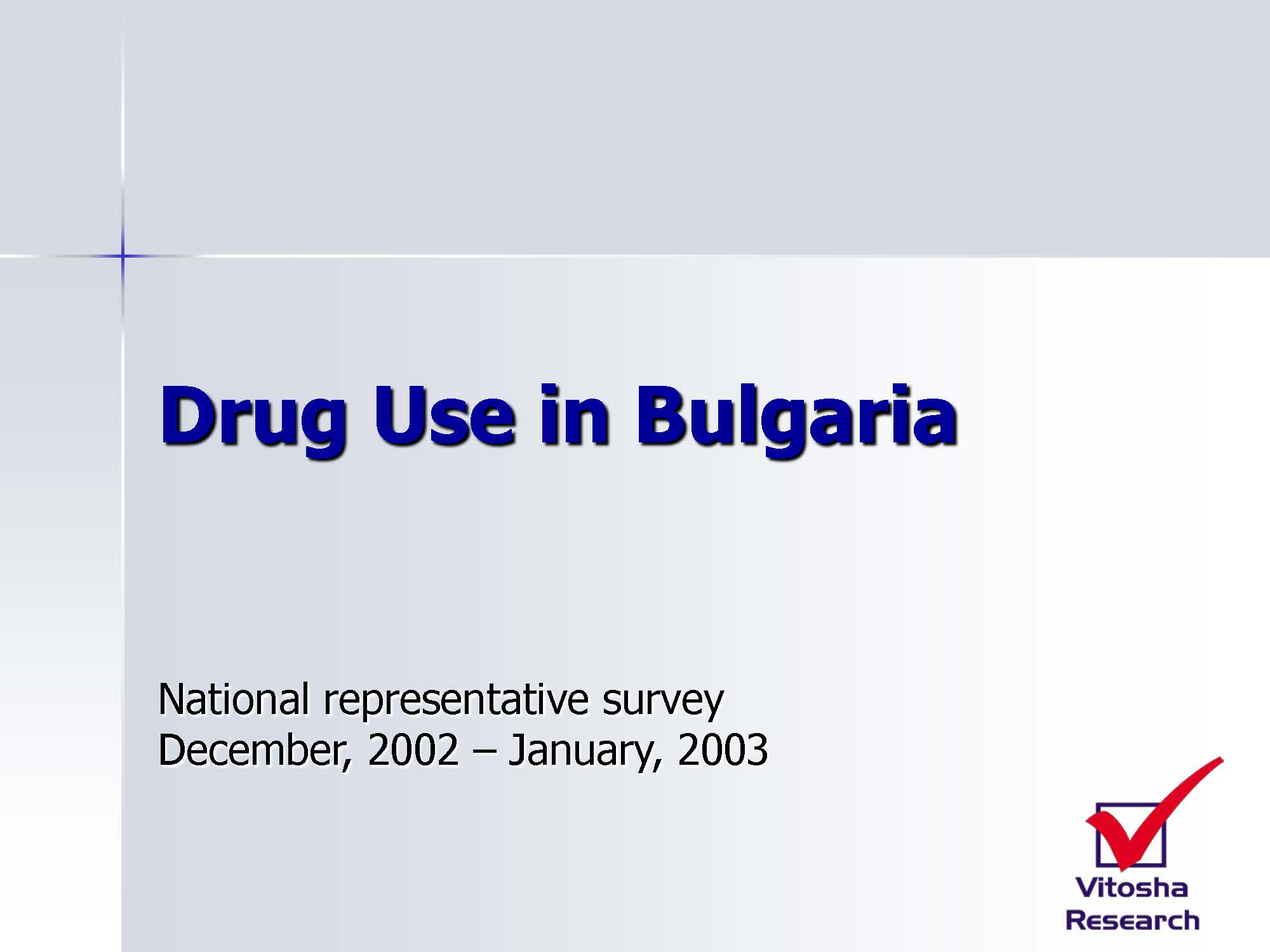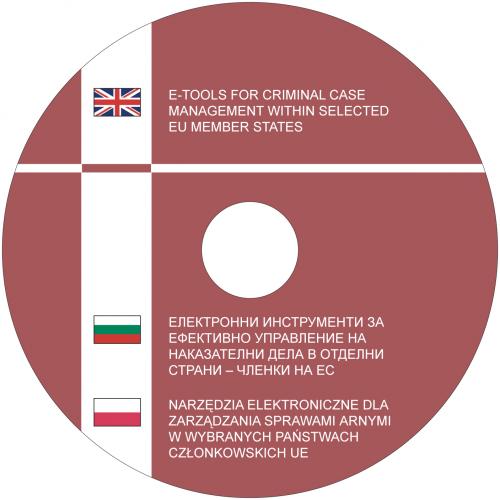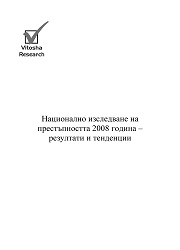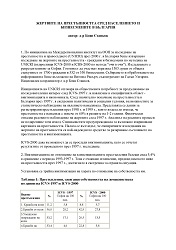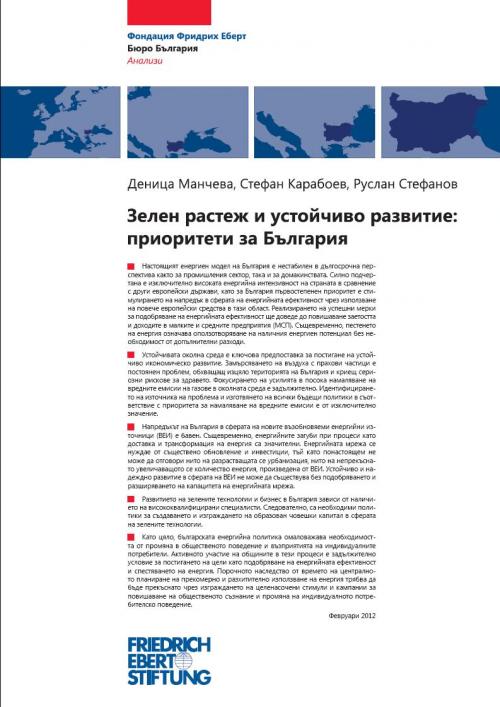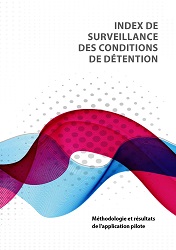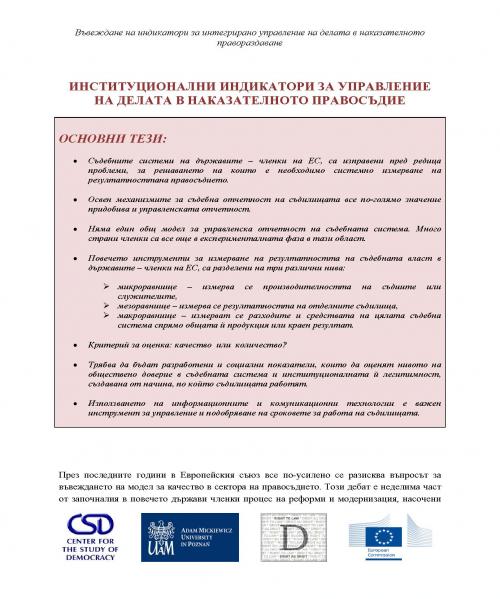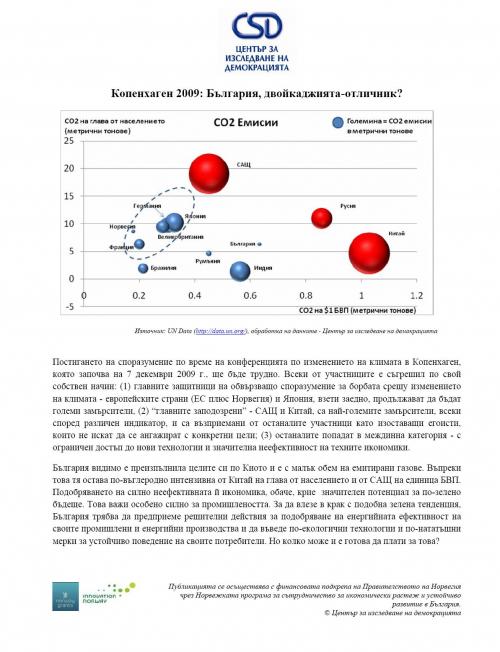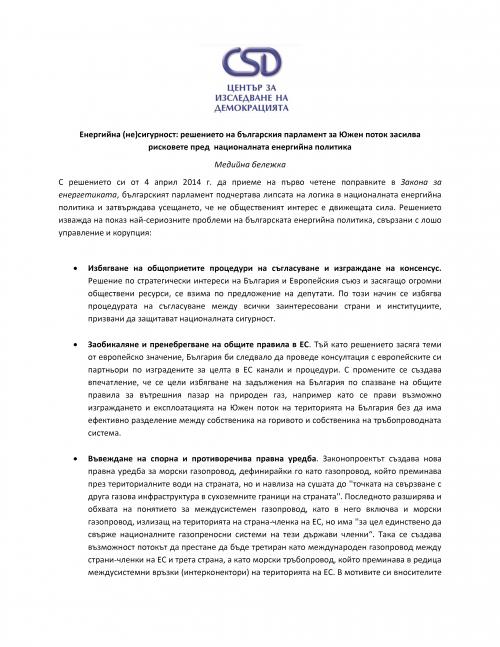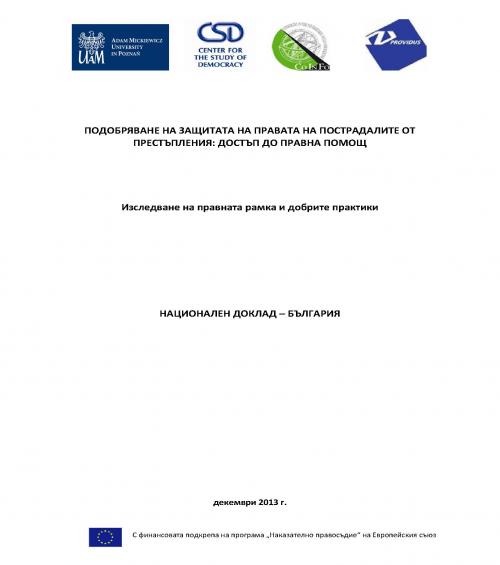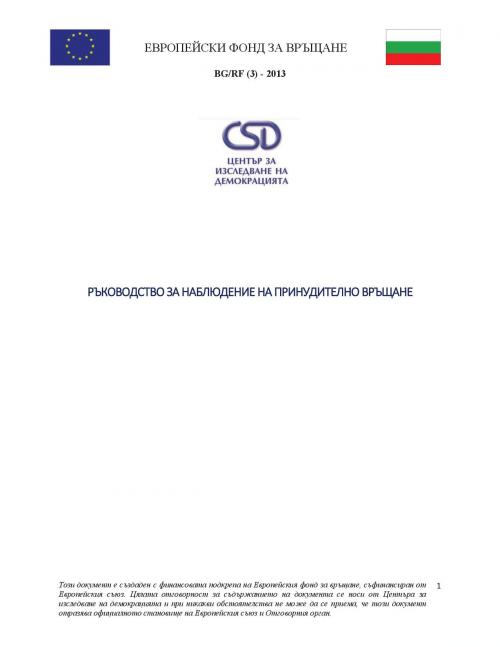
Ръководство за наблюдение на принудително връщане
The governance of migration flows largely depends on the development of an effective system for returning illegally staying foreigners. Forced return is seen as a "last resort" in the prevention of irregular migration and should be subject to the principles of proportionality and not exceeding reasonable force. In this regard, there is agreement that monitoring of return not only brings openness and clarity on the conditions and treatment, but represents an additional guarantee for the return of persons, including those with special protection needs. In this context, the introduction of an independent and effective monitoring mechanism is a key aspect for the development of the overall framework for forced return in accordance with Directive 2008/115/EC. The aim of the Handbook for forced return monitoring is to provide practical guidance and recommendations to independent observers and standardised report for forced return monitoring. This Handook is developed within the Annual Programme 2013 in scheme grants BG / RF (3) - 2013 "Forced return monitoring" by the Center for the Study of Democracy.
More...
